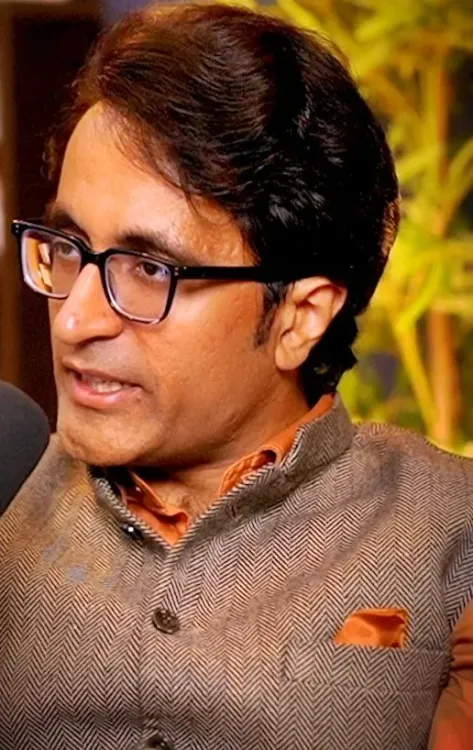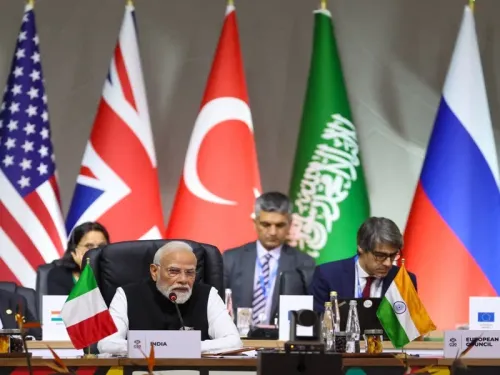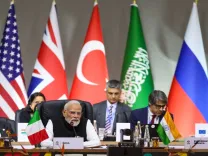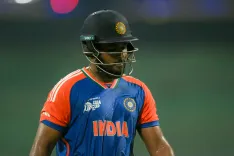Did the Congress Party Murder the Constitution to Retain Power?

Synopsis
Key Takeaways
- Emergency declared in 1975
- Congress Party's role in undermining democracy
- Significant impact on civil liberties
- Need for accountability and apology
- Importance of remembering history
New Delhi, June 25 (NationPress) On the momentous occasion marking the 50th year since the Emergency was declared in 1975 by then Prime Minister Indira Gandhi, BJP national spokesperson Pradeep Bhandari vehemently criticized the Congress Party, attributing to it a calculated “assassination of the Constitution and democracy.”
In an interview with IANS on Wednesday, Bhandari stated, “Five decades ago, the Gandhi-Vadra family, representing the Congress Party, effectively murdered the Constitution. They obliterated democracy solely for the sake of retaining power. This was the Congress Party's doing. Over the past half-century, the Congress has failed to offer a single apology to the nation for the imposition of Emergency. It was a period when the Congress dictated what could and could not be expressed.”
Bhandari elaborated on the violation of civil liberties during the Emergency, recalling how many individuals were imprisoned for opposing the government.
“On this very date, 50 years ago, Indira Gandhi declared the Emergency across the nation. Democracy was stifled, thousands were incarcerated, including numerous journalists who dared to tell the truth about the government. This remains a historical chapter that every Indian must remember,” Bhandari emphasized during his remarks to IANS.
He insisted that the younger generation needs to grasp the events of the Emergency and recognize how the Congress regime utilized governmental power to quash dissent. “People were subjected to forced sterilization, held without trial, and intimidated. Families were torn apart, voices were muffled, and institutions were commandeered,” he explained.
Bhandari also condemned the Congress Party's reluctance to acknowledge its past actions.
“Even after 50 years, the Congress has not issued an apology. Their hubris persists, even after their electoral defeat. Rajiv Gandhi later justified the Emergency by claiming it was ‘the need of the hour.’ What kind of rationale is that?”
As the BJP commemorates ‘Samvidhan Hatya Diwas’ (Constitution Murder Day) nationwide, the party reiterated that the Emergency represents one of the most somber chapters in India’s democratic history.
BJP activists and leaders are organizing events throughout the country to ensure that future generations learn from the lessons of the Emergency.









